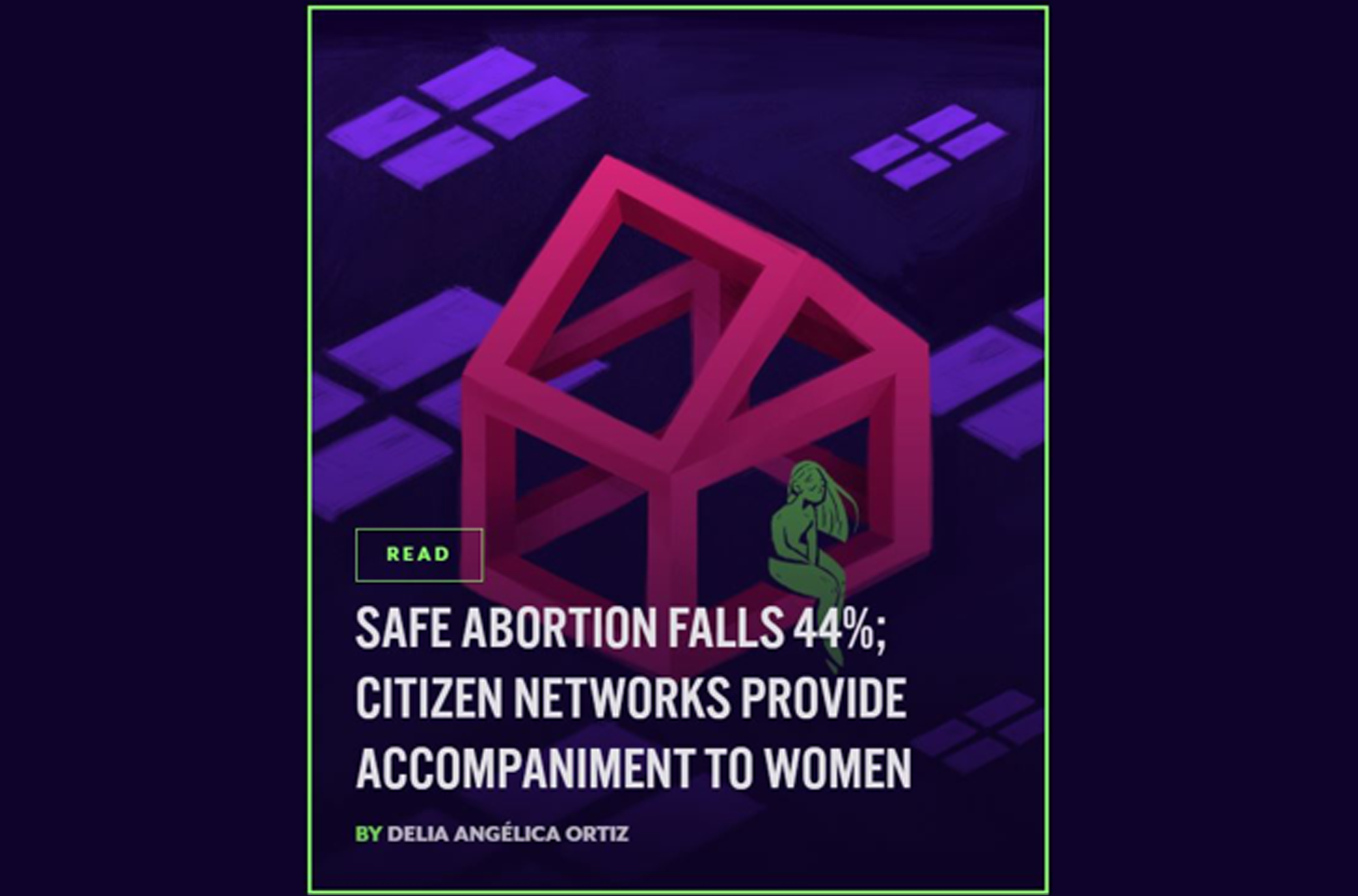
“What a challenging year this has been! We have faced many new and unexpected difficulties, socially and personally. Nevertheless, GIRE has continued working non-stop for reproductive justice,” writes Rebeca Ramos, director of GIRE (Grupo de Información en Reproducción Elegida) in Mexico.
Among other things, GIRE launched the Observatory on Gender and Covid-19 in Mexico, where 29 national and local organizations collaborate to bring forward the specific needs of diverse groups of women, strengthening the intersectional work as well as collaborative learning for all of us. Together with the Observatory, a series of research pieces and a set of podcasts (three to date) were launched to raise awareness around the different ways the pandemic has affected women in Mexico. This initiative aims to highlight the Mexican State’s structural deficiencies, which have aggravated the effects of the pandemic.
The page containing the research reports opens: “It is a lie that Covid-19 does not discriminate. The disease, as we know, affects men more than women. And the “stay at home” has hit everyone. But the pandemic has done much more harm to women than to men. And the damages are deeper. Covid-19 has set us back decades on issues such as employment, reproductive health, care work and the right to decide. Pregnant women, for example, are dying from complications that had become a thing of the past. They are also not able to attend antenatal care consultations; as a result, the causes of maternal death that historically had become few have increased. There are also no guarantees for women to be able to give birth according to the law. The public health sector decided to send pregnant women to private hospitals to deliver, but almost the only option in them is to have a caesarean section, certainly not natural childbirth. Unemployment has grown in all sectors, but again women have been the most affected; among women, unemployment has doubled. In addition, there is a risk that half will not be able to return to work because the work of caring for children, who are studying at home, has fallen on women. People with disabilities have stopped having access to treatment and rehabilitation services. Older adults and Covid-19 patients have to remain at home to recover.”
However, Rebeca Ramos says, the fight for reproductive rights is not in quarantine.
SOURCES: GIRE, e-mail from Rebeca Ramos, 25 November 2020 ; GIRE web pages



